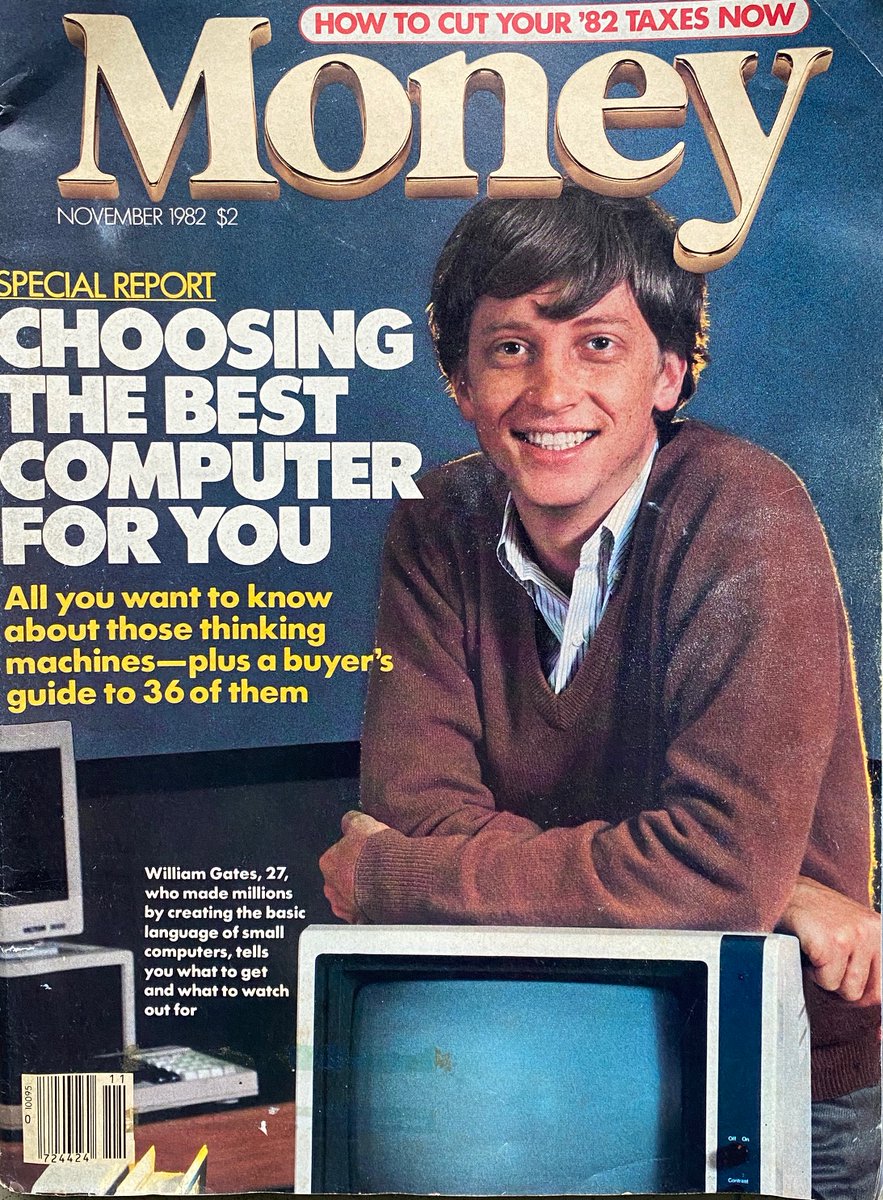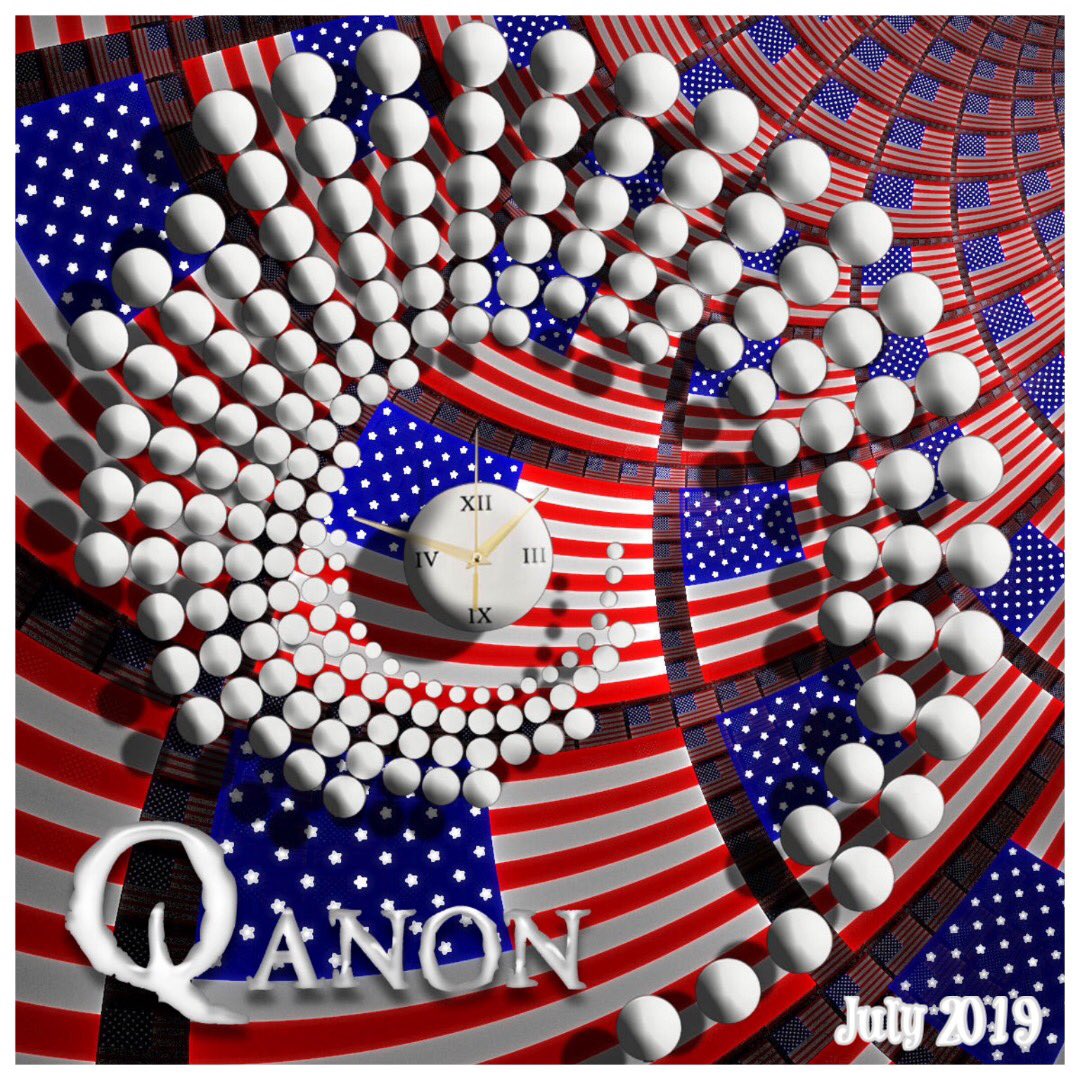
The question for "future of OS" is what is the abstraction we are talking about?
The real question is what are the key abstraction layers where economic leverage arises.
I would argue they will be challenged to do so.

Keep Current with Steven Sinofsky
This Thread may be Removed Anytime!
Twitter may remove this content at anytime, convert it as a PDF, save and print for later use!

1) Follow Thread Reader App on Twitter so you can easily mention us!
2) Go to a Twitter thread (series of Tweets by the same owner) and mention us with a keyword "unroll"
@threadreaderapp unroll
You can practice here first or read more on our help page!


